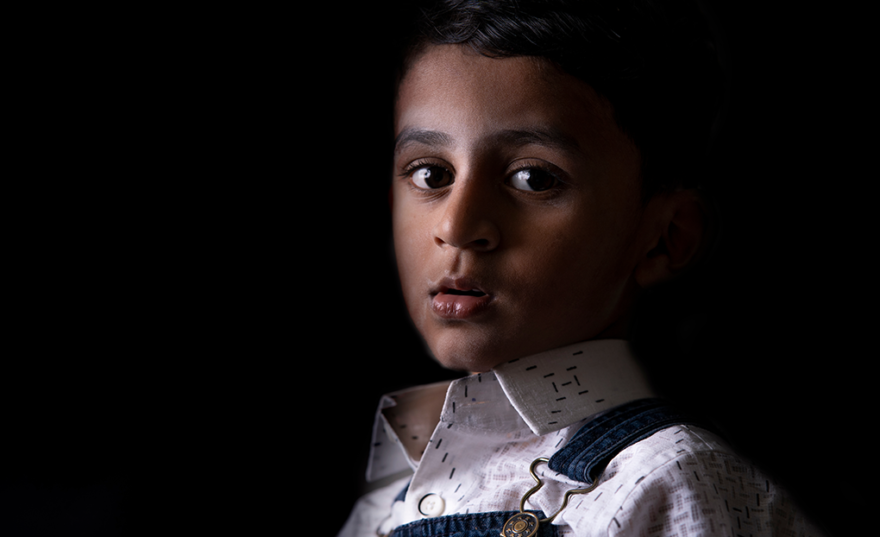Ha Le and colleagues have examined the association between low language ability and health-related quality-of-life (HRQoL) in an Australian community-based cohort of 1,910 children assessed throughout childhood. They measured HRQoL using parent reports when children were 4 to 13 years old, and measured language ability using the Clinical Evaluation of Language Fundamentals (CELF) at ages 4, 5, 7 and 11 years. During data analysis, the researchers estimated the cross-sectional and longitudinal associations between language ability and HRQoL, and calculated the associations between their trajectories during childhood.
They found that children with low language skills had a markedly lower HRQoL than those with typical language skills. Furthermore, high language scores were associated with better HRQoL, particularly in social and school functioning. When breaking down the data, they observed three trajectories for HRQoL in their cohort: a stable-high HRQoL group comprising 51% of children, a reduced with a slow decline HRQoL group comprising 40%, and a low and rapid decline HRQoL group comprising 9%. Amongst children with a low language score trajectory, 60% fell into the latter two HRQoL groupings, meaning that they were on a declining trajectory for HRQoL.
While this study included a large, community-based sample with repeated outcome measures made over 9 years, the use of parent-proxy reports on HRQoL is an important limitation. However, these data preliminarily highlight a need to address the functional impact of low language ability during childhood. Future work is warranted to identify factors contributing to a low HRQoL in children with low language abilities.
Referring to
Le, H.N.D., Mensah, F., McKean, C., Sciberras, E., Bavin, E.L., Reilly, S. & Gold, L. (2020), Health‐related quality of life of children with low language from early childhood to adolescence: results from an Australian longitudinal population‐based study. J. Child Psychol. Psychiatr. doi: 10.1111/jcpp.13277.

